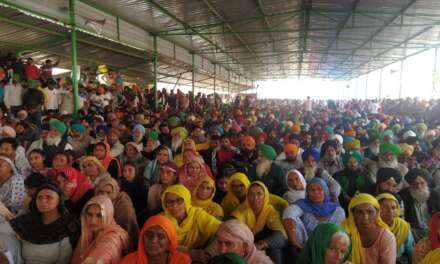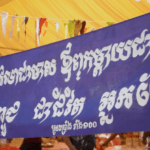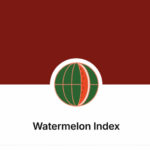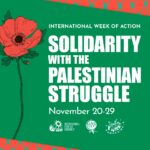April 17
Today, we remember the massacre 26 years ago at Eldorado do Carajás in Pará, Brazil. Landless peasants who dared to resist continuing exploitation and stood up for their rights were brutally killed. As we honor and pay tribute to the peasants who lost their lives in the massacre, we stand resolute in our resistance against the continued, systemic, and intensifying infringements and attacks against peasants and rural peoples, and our support for struggles for justice in the face of persisting violence and impunity.
The spirit and culture of grassroots solidarity and resistance are alive and growing in the region, as peasants, fisherfolk, and indigenous communities have stood their ground steadfastly to protect their lands, waters, resources, and ways of life.
In India, the Farmer Protests have demonstrated and built unity and solidarity across caste, religion and gender to resist neoliberal policies and the corporatization of Indian agriculture. In the Philippines, small-scale farmers have resisted land grabbing, land conversions, and forcible evictions as they tenaciously fight for the completion of agrarian reform despite alarming human rights violations and demonization of activism. In Cambodia, women from peasant communities have led grassroots struggles for land and natural resource rights, reclamations and self-determination, and the preservation of traditional seeds. In Thailand, grassroots communities practice peasant agroecology, challenging corporate domination in food and agriculture, corporate-controlled food supply chains, and the aggressive push for nature-based false solutions to the climate crisis.
Across Asia, rural and urban peoples are joining hands and resisting laws that prohibit free speech and people’s rights to assembly and association, and criminalize dissent. As the world continues to grapple with the multi-dimensional and differentiated impacts of the COVID-19 pandemic, deepening climate change, and continuing wars and conflicts, the value and necessity of grassroots struggles for peasant agroecology, food sovereignty and emancipatory social-economic relations as real solutions to the different global crises are brought to the fore and made clearer.
Amidst ecological destabilization and environmental degeneration, the diverse struggles in defense of lands, seeds, waters and forests around the world have reignited solidarities for social justice, rights, and freedoms. Peoples and communities have practiced and lived in ways that are in demonstrated harmony with nature, and rooted in diverse knowledge and traditional systems. They challenge capitalist ideologies and corporate-driven models of production that exploit people and nature, promote dependence on petro-chemicals and fossil fuels, and enable an unrelenting grabbing of the commons.
In the face of attempts by corporations to capture food systems at multiple levels and undermine public interest through multistakeholderism, various peoples’ movements have organized counter-mobilizations in every region and globally against the corporate designed UN Food Systems Summit and its follow-up processes to control global governance. They have put forward a concrete vision for the genuine transformation of unsustainable food systems and a counter-narrative of re-localization and democratization.
Amidst protracted conflicts, occupations, massive displacements and increasing food insecurities and shocks in global food markets brought about by militaristic actions, food sovereignty and peace movements have underscored the intersectionality of struggles for peace, climate justice, gender justice, and the right to life and human dignity. They have strengthened grassroots peoples’ alliances across borders and have challenged centralized structures, and the concentration of economic and political power in the hands of the few.
In all these struggles, at multiple levels and in myriad ways, women have been at the forefront, leading the way forward through clarity of vision and purpose, as well as building bridges across communities, cultures, spaces and struggles. Women are seed savers, libraries of indigenous knowledge, peace makers, food providers, strategists, educators, movement leaders, protectors of life, and the backbone of resilience in the face of adversity. Through lived experience and actions, women show the importance of intersectional approaches to dismantle all kinds of oppression, and to build emancipatory social, economic and political relations that respect humanity and nature.
Today, as we mark the International Day of Peasant Struggles, we at Focus on the Global South affirm our resolute commitment to support peasant agroecology, food sovereignty, popular agrarian reform, grassroots feminism and climate justice.
We continue to learn and draw inspiration from, and stand in solidarity with the millions of peasants, small-scale farmers, indigenous peoples, pastoralists, artisanal fisherfolk, migrant farmworkers, landless agricultural workers, rural women, and peasant youth in our collective struggles for justice, peace, life, and dignity.
We salute our comrades in La Via Campesina, as this powerful movement enters its fourth decade of building international solidarity, and globalizing struggle and hope.
#LVC30Years
#17April2022
#NoFutureWithoutFoodSovereignty
#FoodSovereigntyNOW

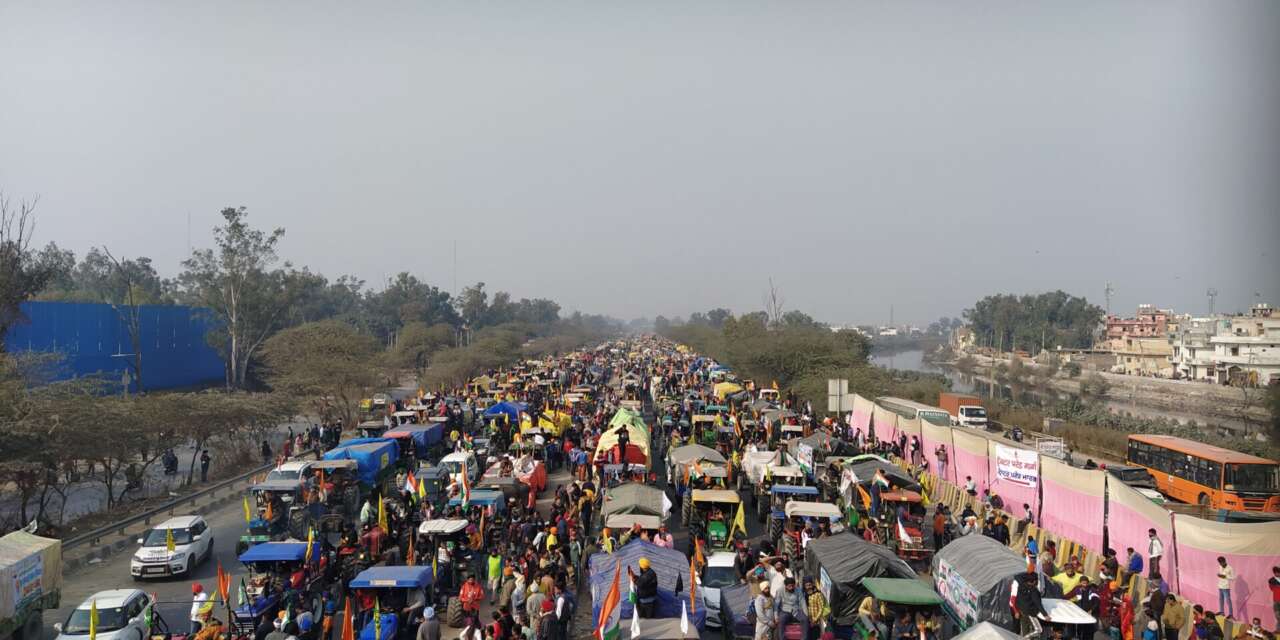
![G77 summit: Nations hope to establish new economic world order [Al Jazeera]](https://focusweb.org/wp-content/uploads/2023/10/Screenshot-2566-10-02-at-10.12.19-440x264.png)

